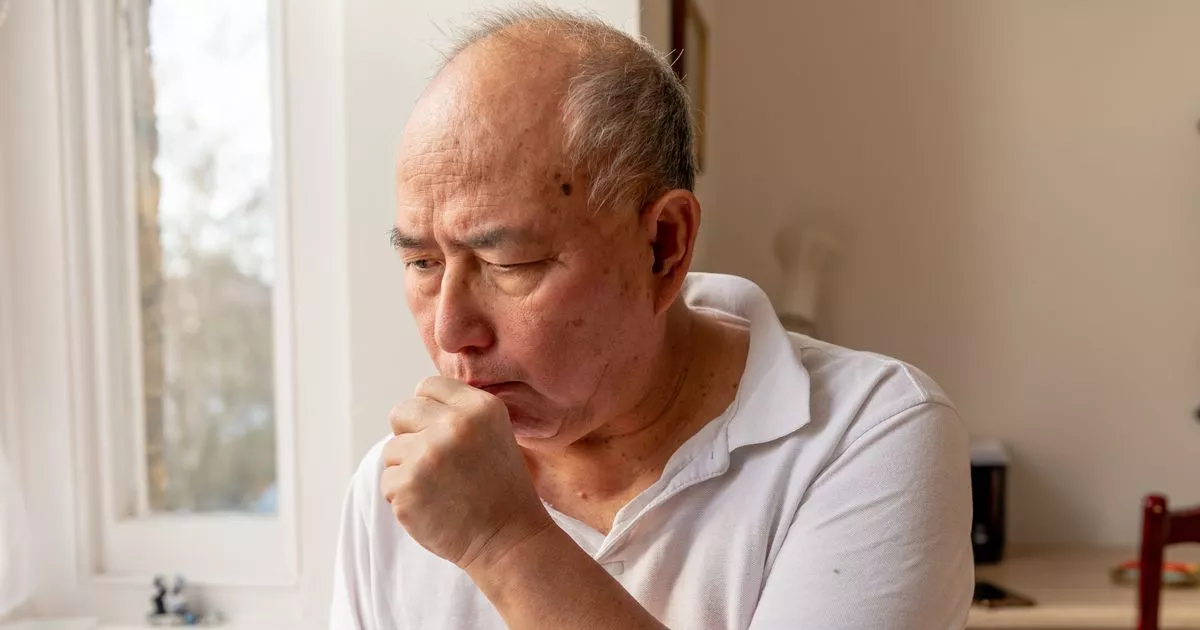It is an infection typically transmitted when bacteria is released into the air by an infected person
Lauren Haughey Lifestyle and Money Reporter
06:00, 26 Jul 2025
 The UKHSA issued its alert on X(Image: Getty Images)
The UKHSA issued its alert on X(Image: Getty Images)
The UK Health Security Agency (UKHSA) has issued an alert over the severity of one illness. While it’s tempting to dismiss its symptoms as ‘just a cough’, the agency stressed that anyone displaying its warning signs should promptly see a doctor.
Posting to X, the UKHSA wrote: “TB can be treated, but catching it early makes a big difference. Don’t brush it off as ‘just a cough.’ Speak to your GP practice for advice and support.”
TB – short for tuberculosis – is an infection typically transmitted when bacteria is released into the air by an infected person. This usually happens when they cough, sneeze, or talk, which others may then breathe in.
Content cannot be displayed without consent
Those most at risk of TB are people with weakened immune systems, in addition to those who have come to the UK from countries where TB is especially common. Symptoms can develop quite slowly and often start with a cough lasting over three weeks.
However, other red flags may also include:
Unexplained weight lossHigh temperatureHeavy night sweatsLoss of appetiteFeeling tired/having no energy
Although TB usually affects the lungs, it can also spread to other parts of the body, such as bones, lymph nodes, or even the brain. When this happens, you might experience additional uncomfortable symptoms, including the following:
Swollen glandsStomach or pelvis painStiff neckDark or cloudy peeConstipationConfusionRash on the legs, face or other part of the bodyAching body and painsNausea and vomitingSwollen ankles and jointsHeadache
Despite this, experts at the University of Edinburgh stress that some incidences of TB are completely symptomless. “Not everyone with TB is infectious,” they wrote in a previous blog.
“People with a TB infection that occurs outside the lungs (extrapulmonary TB) don’t spread the infection. In most healthy people, the immune system is able to destroy the bacteria that cause TB.
“In some cases, the bacteria infect the body but don’t cause any symptoms (latent TB), or the infection begins to cause symptoms within weeks, months or even years (active TB). Up to 10% of people with latent TB eventually develop active TB years after the initial infection.”
 Symptoms can develop quite slowly and often start with a cough lasting over three weeks(Image: Getty Images)
Symptoms can develop quite slowly and often start with a cough lasting over three weeks(Image: Getty Images)
Anyone showing symptoms related to TB should see a GP for advice and possible diagnostic tests, including mucus sampling, X-rays, CT scans, or tissue biopsies.
Current NHS advice states: “The main treatment for tuberculosis (TB) is to take antibiotics for at least six months. If TB has spread to your brain, spinal cord or the area around your heart, you may also need to take steroid medicine for a few weeks.
“If you have TB but do not have symptoms (latent TB), you usually need to take antibiotics for three to six months.” It also stresses: “It’s important to take your antibiotics correctly and until you’ve completed the course, even if you feel better. If you stop your treatment early, TB could come back.”
For additional information, head to the NHS website.

